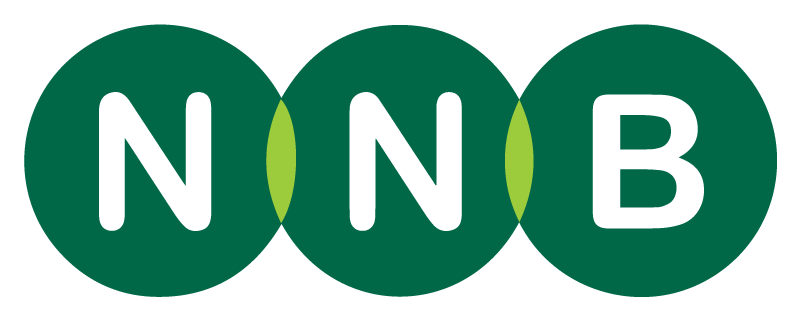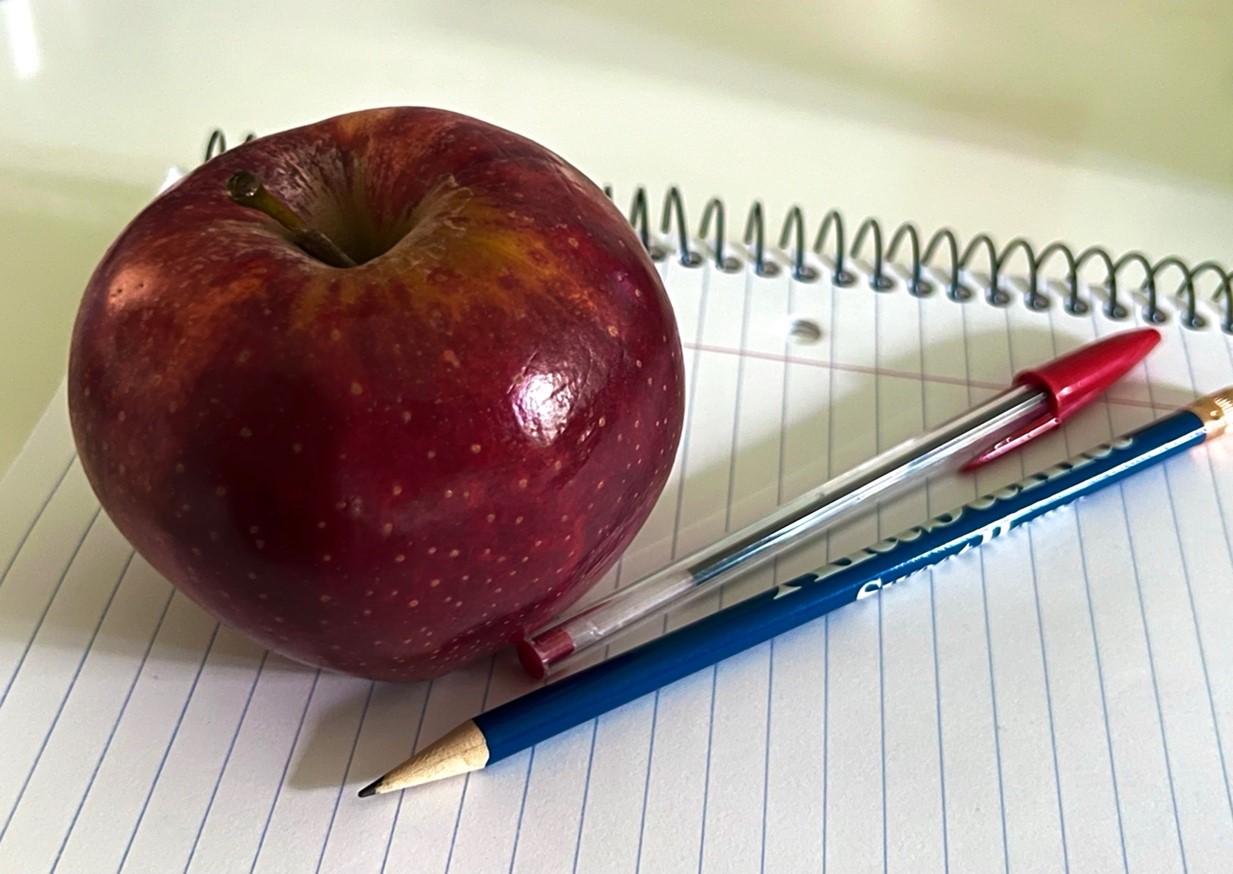Societal changes due to the pandemic and the influence of social media are significantly impacting students. Educators are feeling the effects.
By Annabel Hutchings Education Beat Reporter
ST. PETERSBURG – The majority of educators are in their careers because they love what they do, but this love can only go so far with the difficulties that keep presenting themselves.
The beginning of the school year elicits strong emotions in both students and educators. There is always optimism and excitement for students and teachers alike, with a little bit of the nervous jitters, but teachers are still met with challenges that are hard to gloss over.
Many educators want the best for their students, but providing a quality education is an experience many teachers are finding increasingly more difficult to deliver.
Student behavior has always been a challenge that comes with the job, but with changes in society comes a change in children, and many teachers are finding the difficulty level to be rising.
With the rise in social media and general exposure to more, students have picked up habits that do not translate well into a classroom setting.
Child Mind Institute delved into many of the impacts that social media has on students, touching upon the lack of social awareness that students now have worse than ever because of what they are seeing online. This type of issue does not translate well in the classroom.
“The decisions that they make are more short-sighted,” said Brooke Giles, a middle school chorus teacher in Hillsborough county. “I think that this is part of the world that we live in of instant gratification.”
Students don’t care as much as they used to about consequences, leading them to make decisions based on the instant reactions that they get from their peers that give them the validation that they are seeking.
The pandemic had a lot of influence on this current situation. Students were at home, where all they were expected to do was complete their schoolwork or at least try their best to. The behavior expectations in an educational environment are typically much different from those at home, so students did not really learn how to act in a school setting appropriately.
This article by Forbes shines a light on what the disruption of students learning structure did to their education and behavior. School is a fragile and vital time for students to continue learning important life skills and the pandemic interrupted that.
Now that students are back in school, they missed a formative time of learning and maintaining those behavior expectations in the time that they were not in school, and it shows.
The interference in the classroom has teachers feeling pressure. Creativity is at a minimum with state curriculum guidelines seeping more and more into the classroom, but the work expectation from teachers is not getting lighter.
Teachers work tirelessly to perfect lesson plans that will give students everything they need to get out of the lesson, and a curriculum change can throw all of that off in a way that can take ages to repair.
“Just when you think you’re getting something out of it, they change the material and everything that you’re working with,” said Dawn Bock, who is currently teaching at the fifth-grade level in Pasco County.
The beginning of the school year requires preparation for the new group of students that are coming in, but teachers who have been around for a few years should have a solid lesson plan that they have perfected. This can’t be the case when so many teachers are thrown off regularly by curriculum changes that leave them having to constantly make changes to their plans.
A new school year also means a need for new classroom supplies. This should be exciting for teachers, picking out fresh supplies for their students to use, but it becomes a bit more daunting when the financial burden lies with the teachers rather than the schools.
The teachers either have to reach into their own pockets or find other ways to get the money to supply their students with the materials they need to learn.
“You definitely do have to dip into your own pocket,” said Cheyenne Campell, a third-grade teacher in Hillsborough County. “Especially in this first year; I’m investing in my future. I will say that it is a lot at the beginning.”
Parents often raise money to cover these costs, saving the teacher the financial burden, but it is still the teacher’s responsibility to seek this out.
“It’s still the teacher’s work. I still have to ask for money. It would be so much easier if I could swipe a card and buy what I need,” Giles said.

